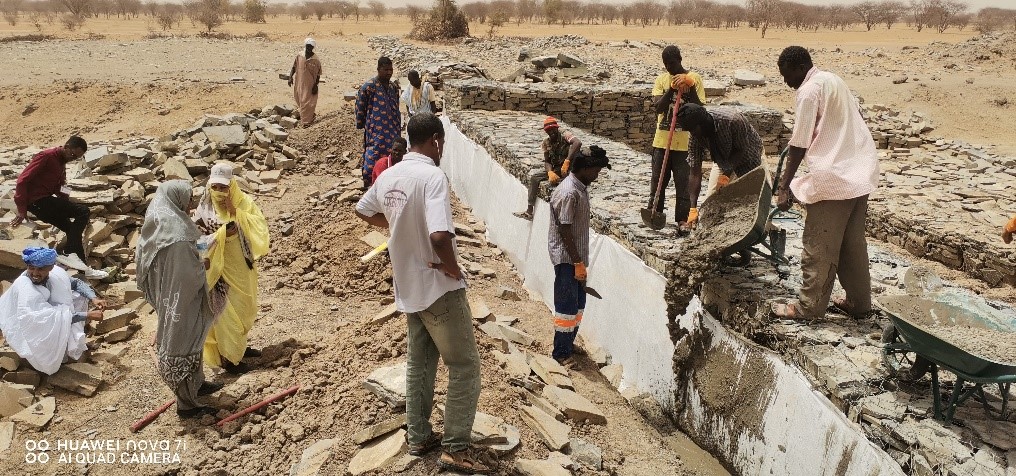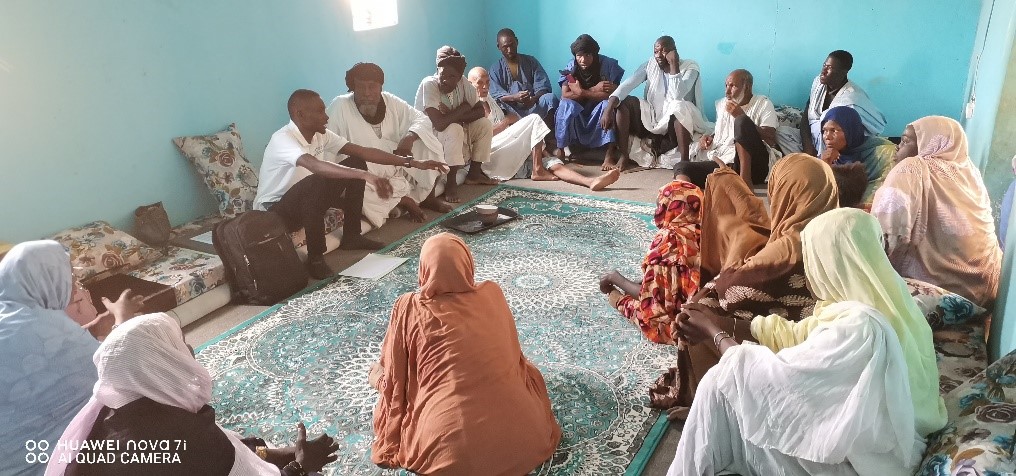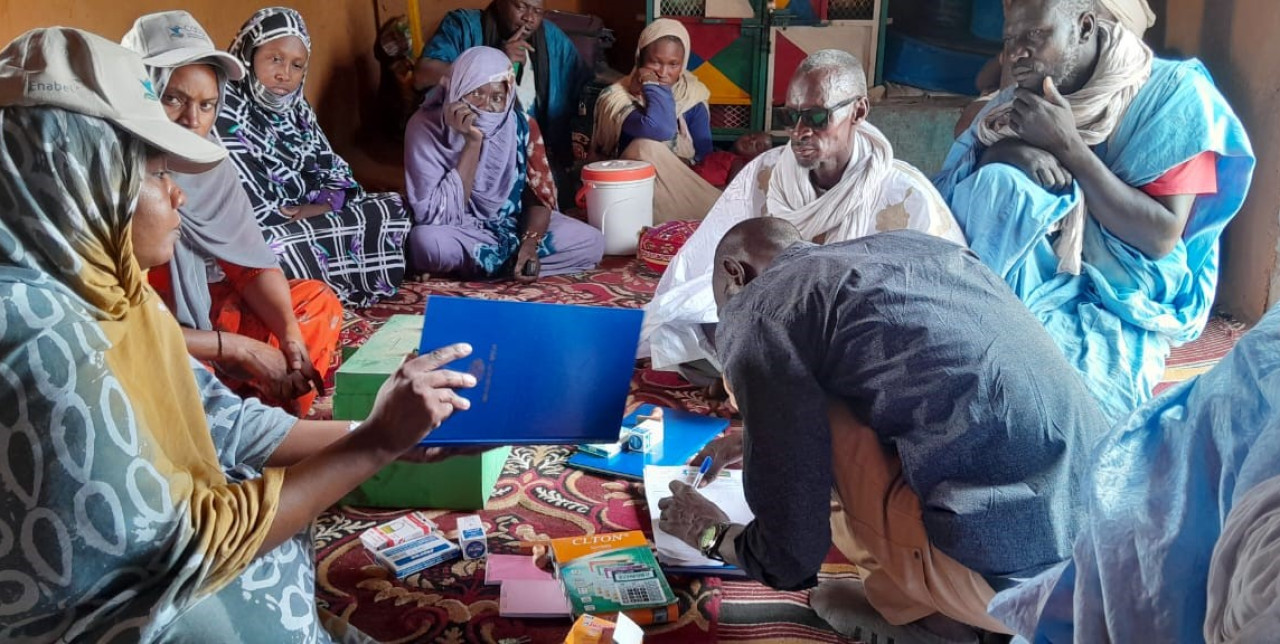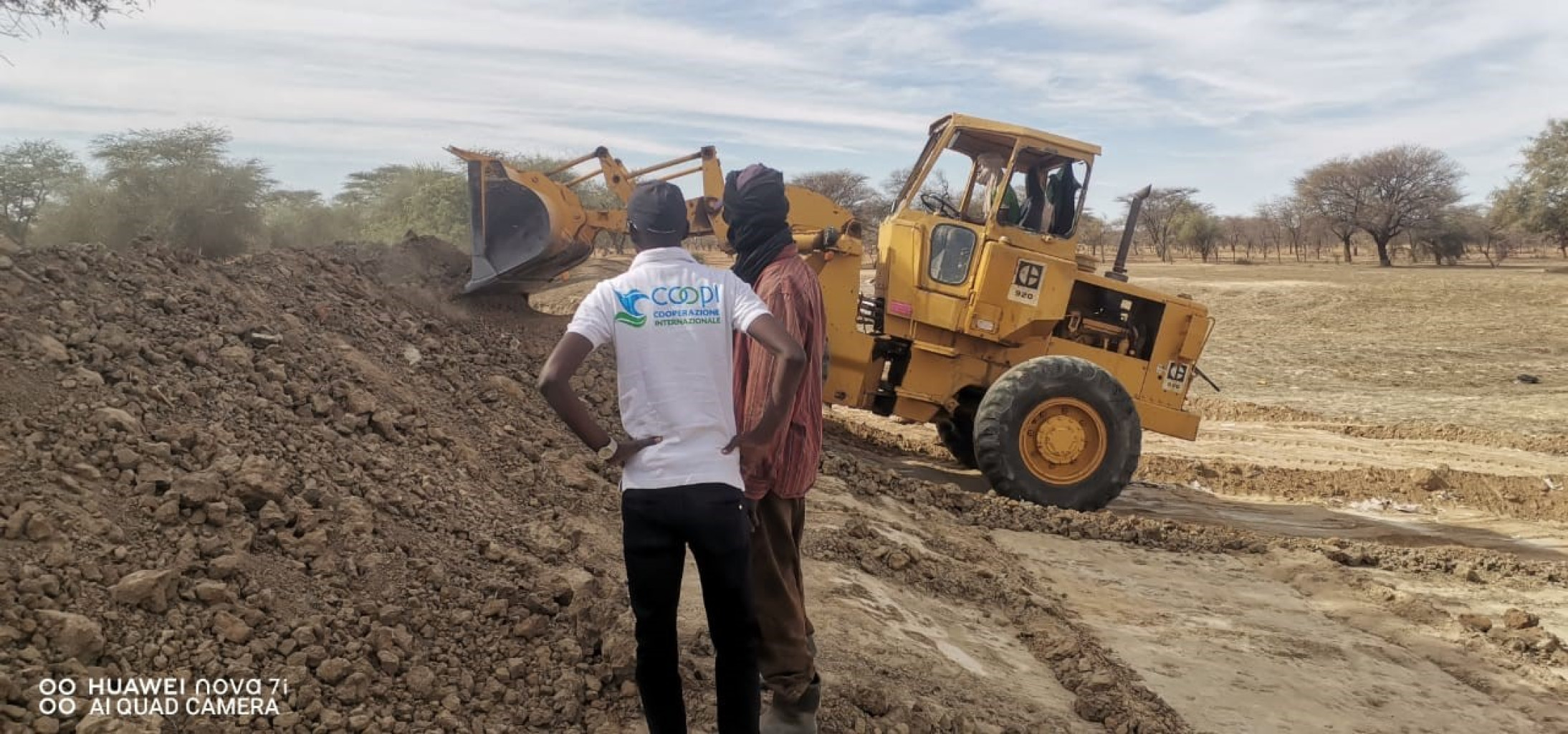22-12-2023 | di COOPI
Mauritania. An example of sustainable community-based development
In southeastern Mauritania, in the Wilaya (province) of Hodh-el-Chargui the use of natural resources such as water, fertile land, and pasture forms the basis of all commercial activities. Off-season, horticultural and rainfed climate crops are grown here, with great agricultural and pastoral potential. However, the Hodh-el-Chargui region is the most distant from political and economic centers of interest, and the local people have few opportunities for investment and entry into national and regional markets.
In 2023, COOPI - Cooperazione Internazionale concluded its three-year development project in Mauritania to improve sustainable and equitable access to productive services and infrastructure for vulnerable people, funded by the EU through the Belgian agency ENABEL.
Women, young people, and people with special needs are some of the groups most affected by the lack of opportunities in the region but thanks to the project, they have been especially encouraged to take part in decision-making processes and training pathways. Masud is one of the women beneficiaries of the project; her testimony communicates the difficulty that women experience in playing an active role in the community.
We did not have any activities before this project,
she says satisfied with her journey with COOPI.

It is thanks to the participation of the local community, including youth and women, in the various phases of the project that Hodh-el-Chargui province has seen its opportunities for sustainable development grow. In the first phase of the project, the community identified rural infrastructure in 4 moughataas (departments), based on their pastoral and agricultural potential. Once approved by the Regional Council, these were built by local people with more or less skilled labor, and the use of local materials. Subsequently, infrastructure management committees were established and beneficiaries were trained in the administrative and financial management and maintenance of the infrastructure.
The rehabilitation of the Gazra, Hel Mborick and Twel Hel Moussa dams, protected upstream by an artificial barrier, is an example of sustainable development with a participatory approach that aims to revitalize the local economy.
We consider the project as one of the most important, the dam has allowed us to collect a large amount of water this year, providing jobs for the youth and farmers.
Says Mohammed Ali a young resident of the area.
The results have been incredible and we immediately ask that the project can be rolled out to the other municipalities in the area.
Asks Hadamine Ould Tourad, mayor of Biri Bavat

COOPI has been present in the Islamic Republic of Mauritania since March 2019. Its first interventions began with emergencies in Bassikounou, Department of Hodh El Chargui Region, to assist Malian refugees in the East of Mauritania to which were added development and social engineering projects in Nema. From June 2020 to date, the implementation of the social engineering project was effective for the first time in Mauritania thanks to COOPI agreement with ENABEL.




 Mauritania
Mauritania
